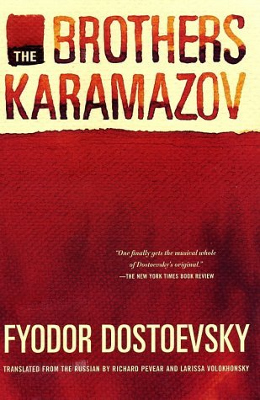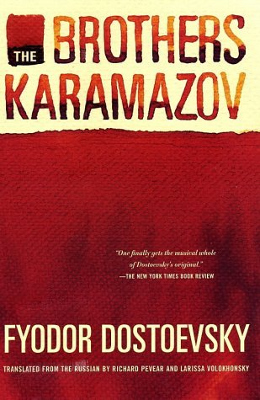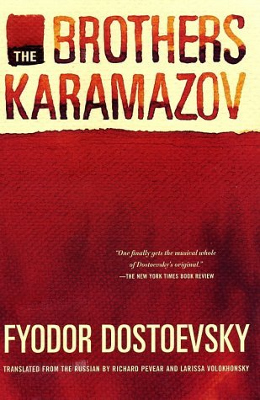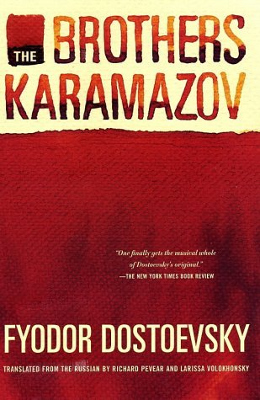Boy howdy, have I gotten behind on blogging. I blame summer vacation and round-the-clock kid caring. Or, if I’m honest, I blame myself. Either way, I’m rather slower on the writing than I’d like.
Hey, lookie, I made a strawberry rhubarb pie yesterday, and it didn’t suck. So, that was one of the things I was doing when I wasn’t writing. I might need to practice my pie crust, cause it didn’t come out as well as I would have liked. You know, I’ll practice pie crust in all my free time. 
Anyhoo, in reading related news, here’s what happened:
The Screwtape Letters by C.S. Lewis. For one of my book groups. Thought this was would be a fun fast read. Not fun, not fast. Made me furrow my brow, think, and after I was done, re-read it and take notes and think some more. I read this in my 20’s and found it fast and fun. Is this what growing older does–makes me see how serious and complicated this slim book (and this short life) really is?
One of the many things that stuck out was a new denizen of Hell declaring: I spent most of my life doing neither what I ought nor what I liked. (Ch XXII). And then it goes one to describe pretty exactly what it feels like to while away time on Facebook. Very aware of trying to do either what I ought or what I like, not Nothing with a capital N. And try to strike a balance between those. That’s all. Nothing big, really.
I did find it very funny when Screwtape got so angry he changed into a centipede.
The Year of the Flood by Margaret Atwood. Oh, so THIS is what I was missing when I didn’t like Oryx and Crake. HERE are the fully realized female characters, who have Bechdel-test passing conversations. Like a puzzle piece that expands on Oryx and Crake, which I felt compelled to re-read immediately.
Oryx and Crake was so much better after having read Year of the Flood. Plus, I noticed this time that Jimmy/Snowman, a marketing and word guy, was put in charge of the care and schooling of a bunch of new creatures, which illustrates one of my personal theories, which is that marketing and religion are bound up in one another. They’re both about fear of death, but one is more about distraction, the other (depending on which flavor) about struggling to understand it. (Have I mentioned before that my undergrad degree was in marketing, and my grad degree in religion?)
Sweet Tooth v 6: Wild Game. A satisfying end to an engaging comic-book series. A good story, well illustrated and well ended, which goes a long way to mitigating my disappointment in the end of the ongoing series.
Death Comes to Pemberley. Because I was intrigued that Jenna Louise Coleman of Dr. Who was cast as Lydia, and Matthew Rhys of The Americans was cast as Mr. Darcy, which was much better news to me than the bizarre news that Vincent Kartheiser (aka Pete Campbell) is Darcy in the Guthrie Theater’s Pride and Prejudice stage adaptation. That is just wrong.
So, Death Comes to Pemberley. Austen fan fiction, which is a no-no in my book, but by P.D. James, a hugely respected English mystery author. I thought that sounded promising, even though many people I trusted were lukewarm on the book. I read along at a thumping pace and was having a grand time till I got to within spitting distance of the end, and WHAM. Everything that had been working–clever treatment of old characters, introduction of new ones, clues dropped for mystery–hit a wall. Hugely overcomplicated explanation of the mystery that went on so long that I ceased caring, then capped by a long convo between Mr. and Mrs. Darcy that had all been included in ways before, and might be theoretically significant but, woo, was it dull. So, I agree with everyone who said “it was only OK” except that it was more like “it was great till it wasn’t, then it really kind of sucked at the end, which made me question the investment I’d made in the whole book.” Can’t recommend.
But my disappointment in that was helped by reading two smashing good graphic novels in a row.
Heck by Zander Cannon is about a former high school hero who discovers a gateway to hell in his basement, then starts a business to convene with dead loved ones. There’s a tiny mummy sidekick named Elliott and a nice girl (or is she?) named Amy. Cannon’s Dante-an envisioning of Hell is an entertaining landscape, and Heck (short for Hector) is a good, noir-y hero. It’s available online at Double Barrel, but this hardcover edition by Top Shelf is really sweet.
Next was Crater XV by Kevin Cannon, who is the studiomate of the aforementioned Zander, but unrelated. It’s a sequel to Far Arden, which I liked, but this one I just loved. Army Shanks, a retired sea man from the Canadian Arctic, is back, here trying to help a young girl get to space. This story is woven with several others involving space travel, orphans, mistaken identity, evil plans, femme fatales, fake science missions, and I’m sure I’m forgetting some stuff. A fun read, often funny, sometimes sad, but at least not tragically so, like the end of Far Arden was.
I know both Kevin and Zander, and they’re good guys, so I’d probably recommend the books even if they were only OK. But they’re REALLY good. And the Top Shelf HCs are really sweet. So you should buy them, ‘k?
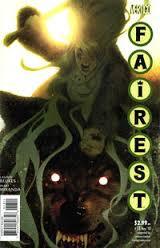
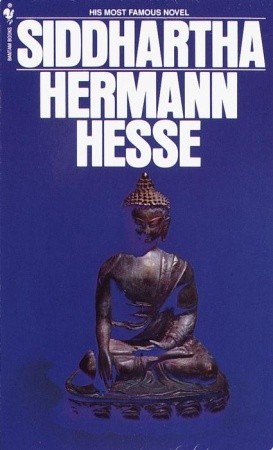


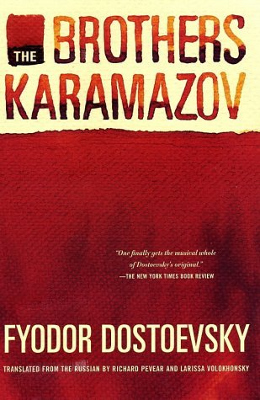
 After a less-than-stellar review in Entertainment Weekly, I was going to skip Neil Gaiman’s latest,
After a less-than-stellar review in Entertainment Weekly, I was going to skip Neil Gaiman’s latest, 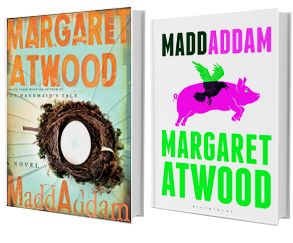

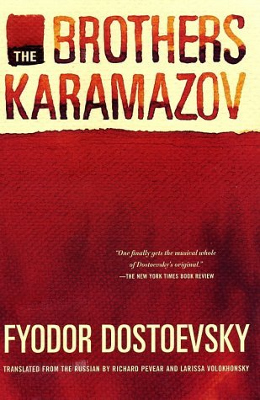

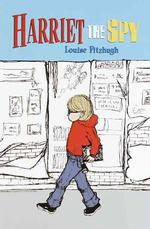
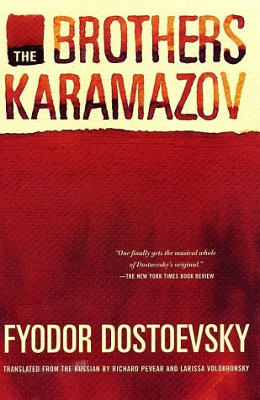 Who’s still with me? Anyone? Anyone? Bueller?
Who’s still with me? Anyone? Anyone? Bueller?
